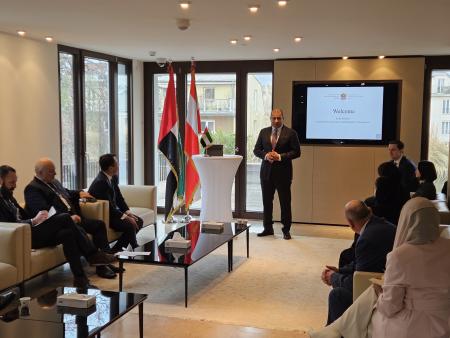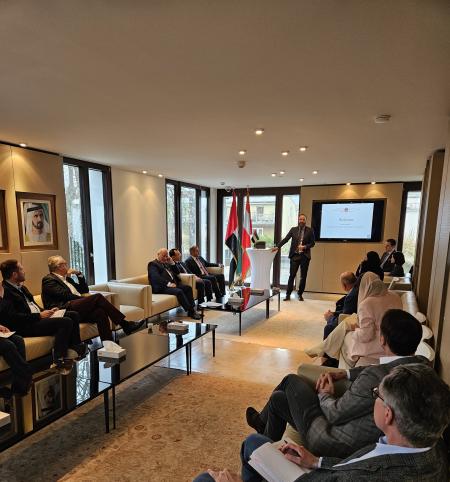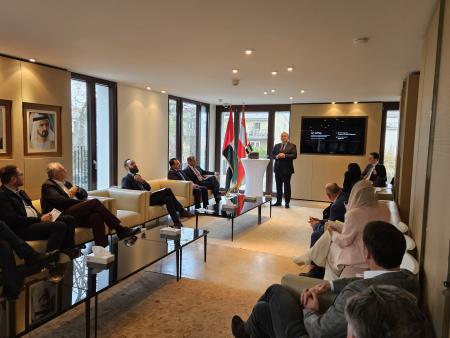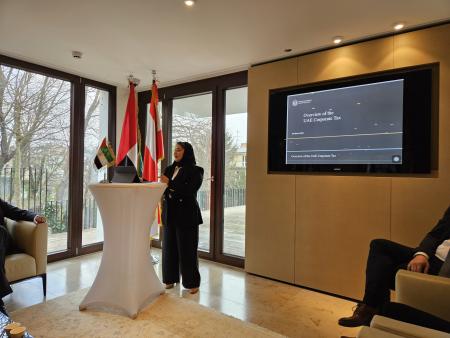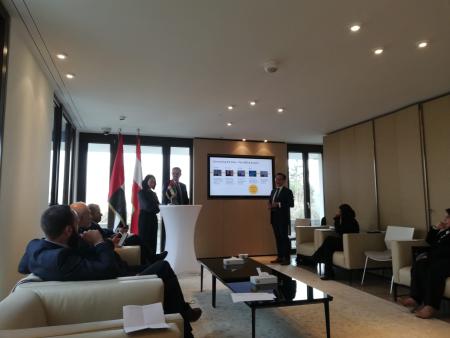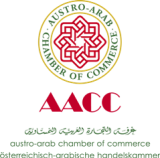Seminar on the latest UAE regulatory developments on tax, corporate and immigration law
5 March 2024 – Vienna, Austria
On March 5, 2024, the Embassy of the United Arab Emirates, in collaboration with Crowe UAE and the Austro-Arab Chamber of Commerce and with participation of the UAE Ministry of Finance and the Austrian Federal Economic Chamber, hosted a seminar on the latest UAE Regulatory developments with regards on tax, corporate and immigration law.
The seminar was opened by His Excellency Ambassador Hamad Alkaabi, Ambassador of the United Arab Emirates to Austria, who praised the remarkable development of the relationships between the UAE and Austria and the increasing trade volumes between the two countries which reached with one billion euros in 2023 an unprecedented level. HE Ambassador Alkaabi pointed out that the political and economic relations are progressing at a steady positive pace, which reflects the strong and long-lasting character of the relations and the firm efforts of both countries.
In this regard it was highlighted that the UAE Embassy recently received recognition from the UAE Ministry of Foreign Affairs as one of the best diplomatic representations of the country abroad.
In turn, Martin Woller, Head of the Middle East and Africa Department at the Austrian Federal Economic Chamber, pointed out that the UAE is considered one of the most attractive countries for Austrian investors and business owners, due to the modern facilities it provides in entering the UAE market and the favourable investment climate.
Mr. Woller highlighted again the steadily growing economic relations between Austria and the UAE, underlining that the Austrian Federal Economic Chamber and the Austro-Arab Chamber of Commerce both support strengthening economic and commercial relations between the two countries and provide advice and support to those wishing to enter the UAE market.
The Secretary-General of the Austro-Arab Chamber of Commerce, DI Mouddar Khouja, for his part, emphasized that the UAE plays a pivotal role globally as a logistical bridge between the East and the West, Africa and Asia. He highlighted the various investments that the UAE is establishing in various countries of the world, noting the Ras Al-Hekma project in Egypt, into which the UAE has invested 35 billion euros.
SG Khouja referred to Sheikh Mohammed bin Rashid Al Maktoum, Vice President and Prime Minister of the UAE and Ruler of Dubai, who recently stated that the UAE’s non-oil foreign trade reached $953 billion in 2023, which is the highest rate in the country’s history.
Mr. Khouja also praised the important role played by the UAE in promoting and disseminating Arab culture, pointing to the role of the Emirate of Sharjah in this important field through its various institutions that serve and nurture Arab culture and preserve the Arab and Islamic cultural and civilizational heritage.
In this context, Mr. Khouja mentioned a scholarship that the Emirate of Sharjah recently provided to 15 male and female students to visit the emirate and take an intensive course in the Arabic language and learn about Arab culture and Islamic heritage. He also highlighted the crucial role of the Austro-Arab Chamber of Commerce who helped through its unique network in the UAE to realize this project.
Subsequently, Mrs. Fatima Al Sheikh, from the UAE Ministry of Finance, presented the amendments introduced by the state to the tax system and the new digital facilities available to investors and businessmen wishing to enter the UAE market.
Mrs. Al Sheikh answered questions from the audience about the required administrative procedures and income limits for small and medium-sized companies, noting that new founders with investments not exceeding 3 million dirhams are not subject to taxes, whereas anything in excess of that is subject to a tax rate of 9% of the annual income.
After the opening remarks, Mr. Susilo and Mr. Maier from Crowe presented their insights on the latest UAE Regulatory Development focussing on 3 common use cases:
- For investors relocating or expanding from Austria to the UAE, key considerations should focus in Austria on exit taxation and taxation of source income, whereas in the UAE the focus should be mainly put on employment and residency law aspects, location and type of the new legal entity.
- Third-country national investors settled in the UAE and exploring investment opportunities in Austria, should mostly consider general residence immigration regulations and the possibility to be subject to unlimited liability on global income in Austria, whereas in the UAE the business licensing and corporate law aspects as well as residency aspects play an important role.
- For the recent trend of remote working, Austrian employees working for an Austrian company remotely from the UAE should specifically consider the possibility of limited taxability in Austria, a clear definition of their centre of life, while the Austrian employer has to consider the PE (Permanent establishment) risk and social security and labour law impacts, whereas in the UAE considerations concerning employer obligations, POEM (Place of effective management) vs PE (Permanent establishment) are crucial.
Overall, it can be stated that the UAE still remains one of the countries with the most favourable taxation systems all over the world and a proper tax consultation will ensure a diligent process and protect for any unforeseen tax incidences.
Categories: Reports

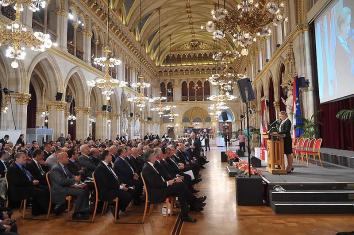
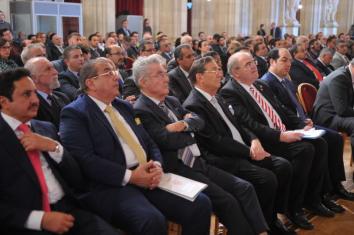





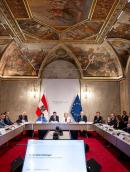








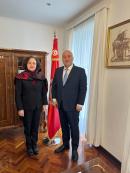









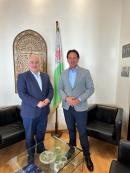

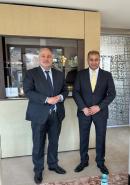

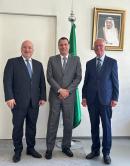
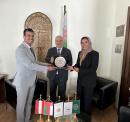


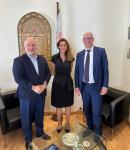
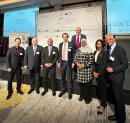
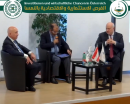




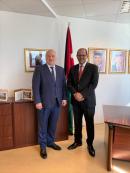
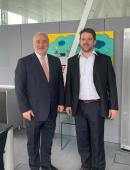
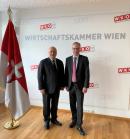

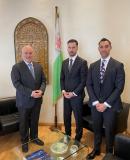

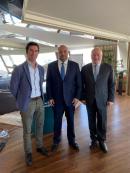
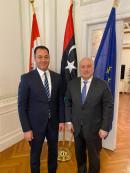





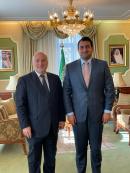
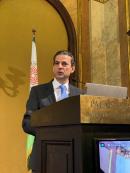
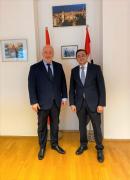
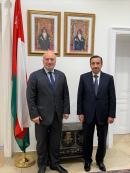



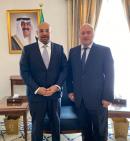
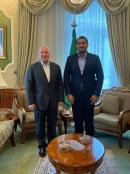
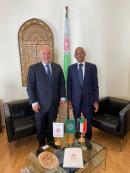
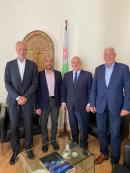








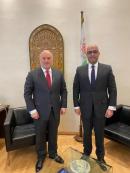

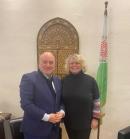


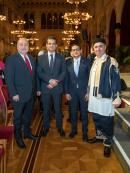

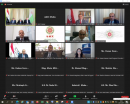



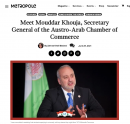



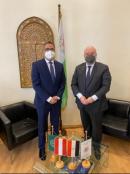


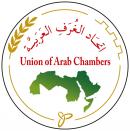


 Go to blog
Go to blog 